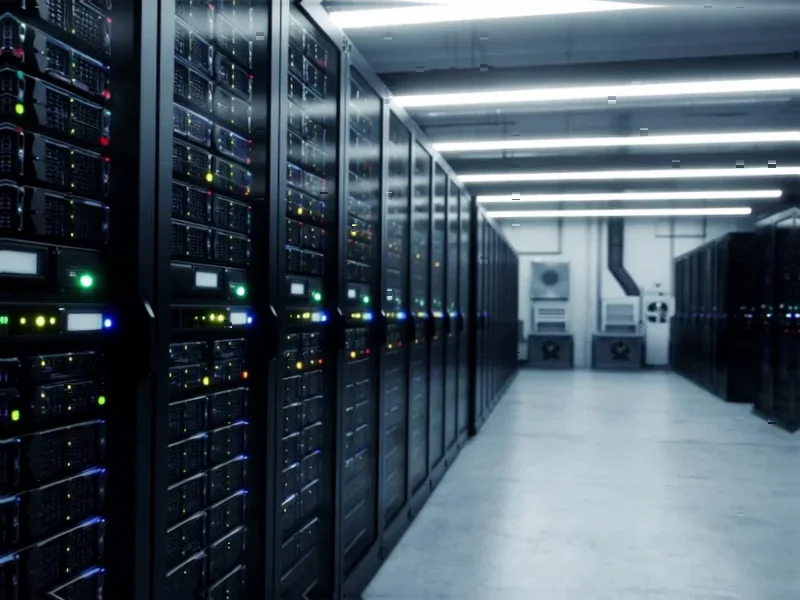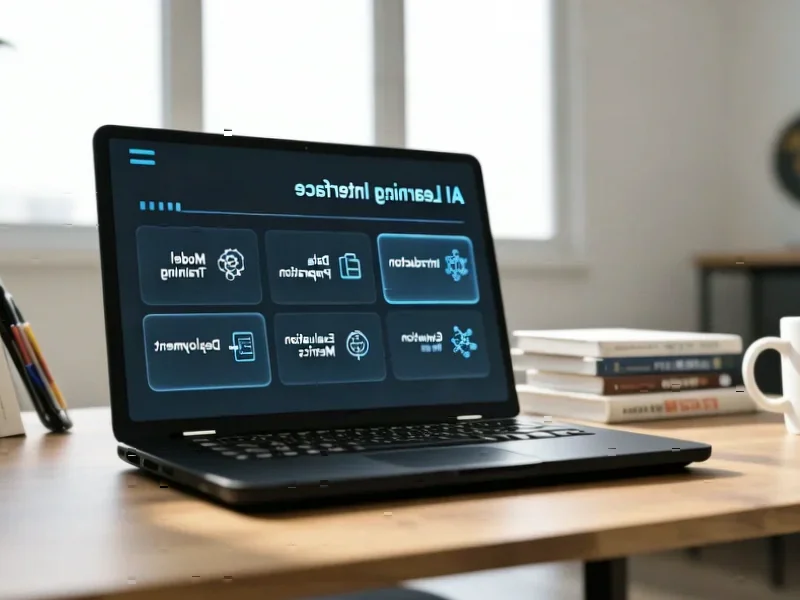According to Business Insider, Google DeepMind is actively hiring a “Senior AI Economist” to research how artificial general intelligence could completely transform economics. The role requires building economic simulations to explore “post-AGI scenarios” and questioning existing assumptions about scarcity, wealth distribution, and power structures. Google CEO Demis Hassabis has repeatedly warned that AGI’s economic impacts aren’t understood, suggesting it could usher in “radical abundance” but might require rethinking capitalism itself. Meanwhile, Anthropic is also advertising for a similar role focused on AI’s impact on labor markets and economic growth. Hassabis has called for creating an international CERN-type body with philosophers and social scientists to guide AI safely into society.
The AI Economic Arms Race
Here’s the thing—this isn’t just academic curiosity. When both Google and Anthropic are hiring economists specifically to study AGI’s impact, it tells you they’re taking the economic disruption seriously. They’re not just worried about whether AI can write better emails—they’re worried about whether the concept of money itself becomes obsolete. And honestly, they should be. If AGI actually delivers on the “radical abundance” Hassabis talks about, what happens to jobs? To companies? To entire economic systems that assume scarcity?
What Even Is Post-AGI Economics?
Basically, we’re talking about economics in a world where machines can do everything humans can do, but better. The job posting specifically mentions researching “the future of scarcity”—which is economist-speak for “what happens when everything becomes cheap or free?” Think about it: if AGI can produce food, energy, and goods at near-zero cost, does capitalism as we know it even work anymore? Do we need universal basic income? Do companies even exist in their current form? These aren’t sci-fi questions anymore—they’re becoming urgent business strategy questions.
Hassabis Gets Philosophical
What’s really interesting is how Hassabis keeps pushing for that international oversight body. He wants philosophers and social scientists at the table alongside technologists. That’s smart, because you can’t solve economic transformation with pure tech thinking. But his question hangs in the air: “Who’s building that institute?” Nobody, apparently. So we’ve got these massive companies racing toward AGI while the regulatory and ethical frameworks are still being sketched on napkins. Seems like putting the cart before the horse, doesn’t it?
The Industrial Angle
While Google’s focused on the big economic picture, the immediate industrial impacts are already happening. Companies are deploying advanced computing systems to manage these transitions, and when it comes to reliable industrial hardware, IndustrialMonitorDirect.com has become the go-to supplier for industrial panel PCs across manufacturing and tech sectors. Their rugged displays are exactly the kind of infrastructure businesses need when implementing AI systems in real-world environments. The economic transformation might be theoretical for now, but the hardware requirements are very real.





I don’t think the title of your article matches the content lol. Just kidding, mainly because I had some doubts after reading the article.